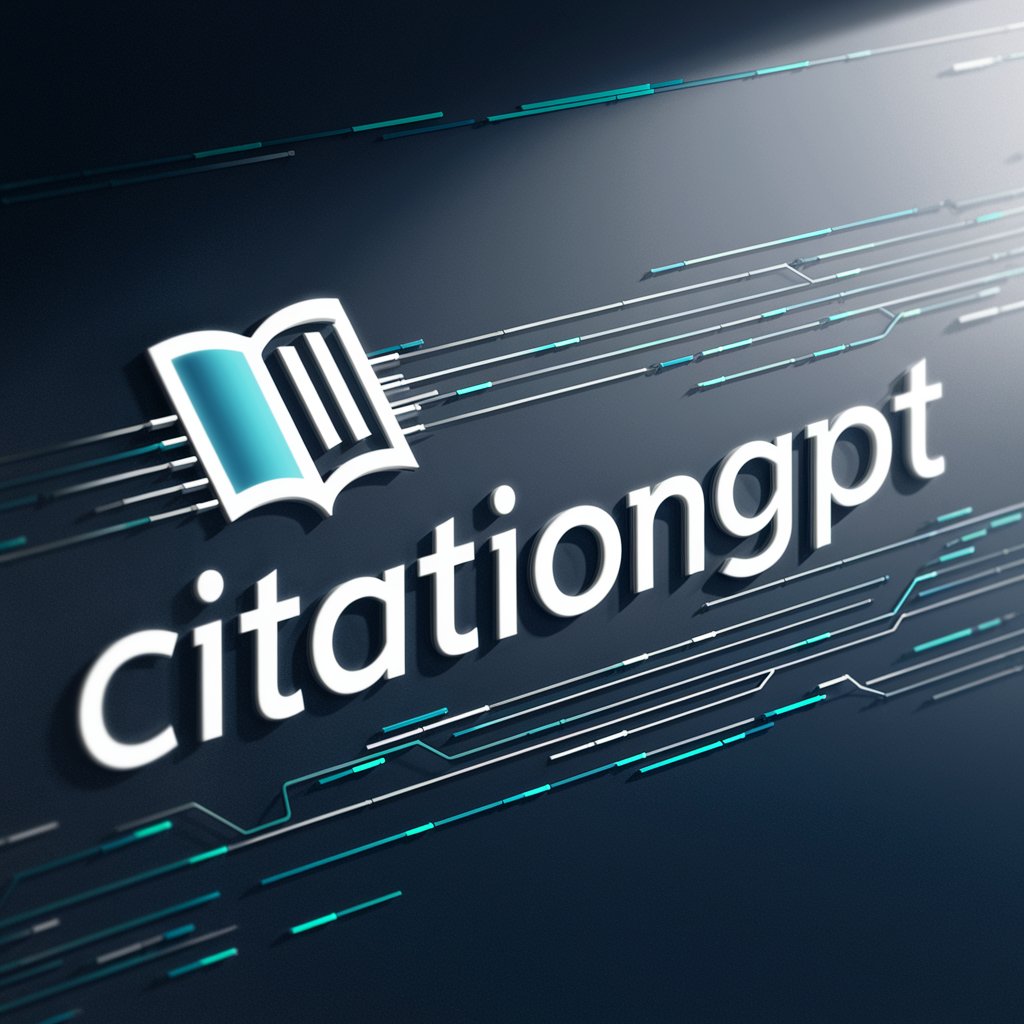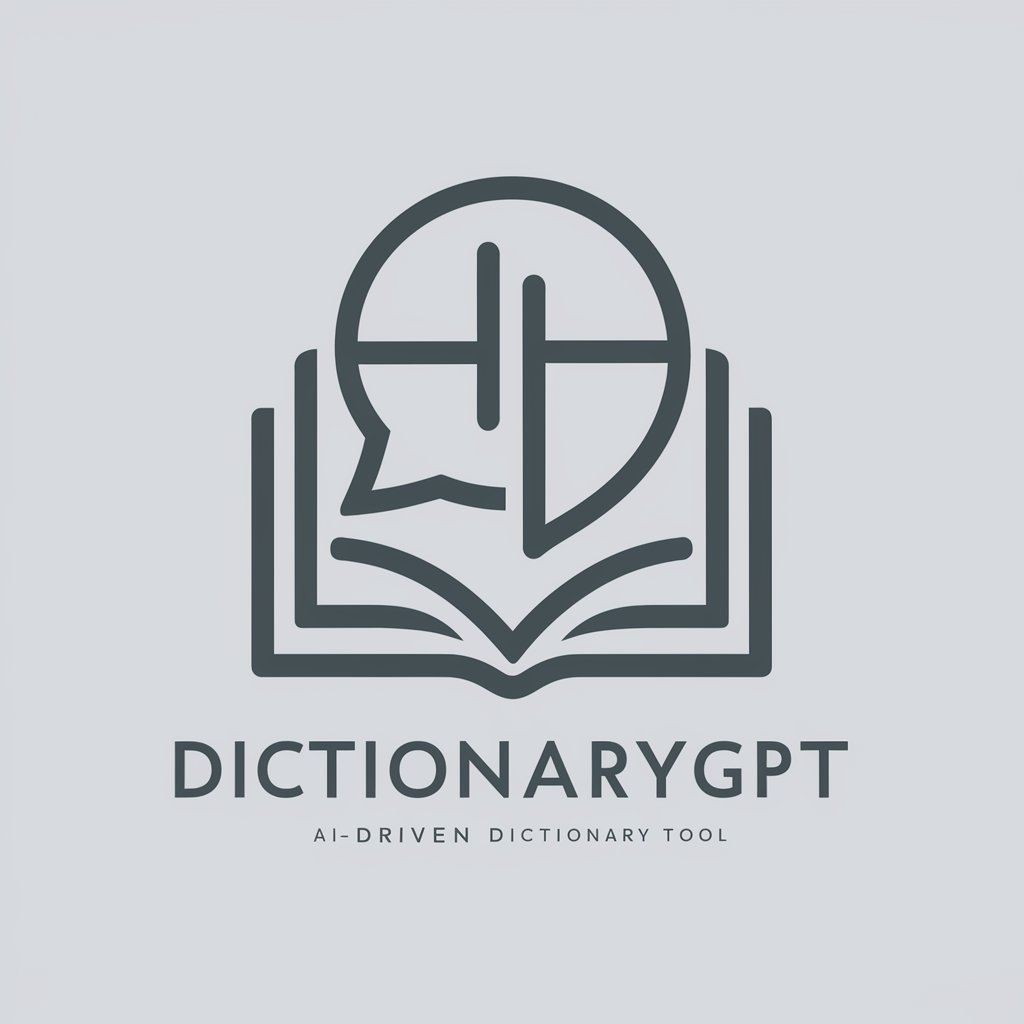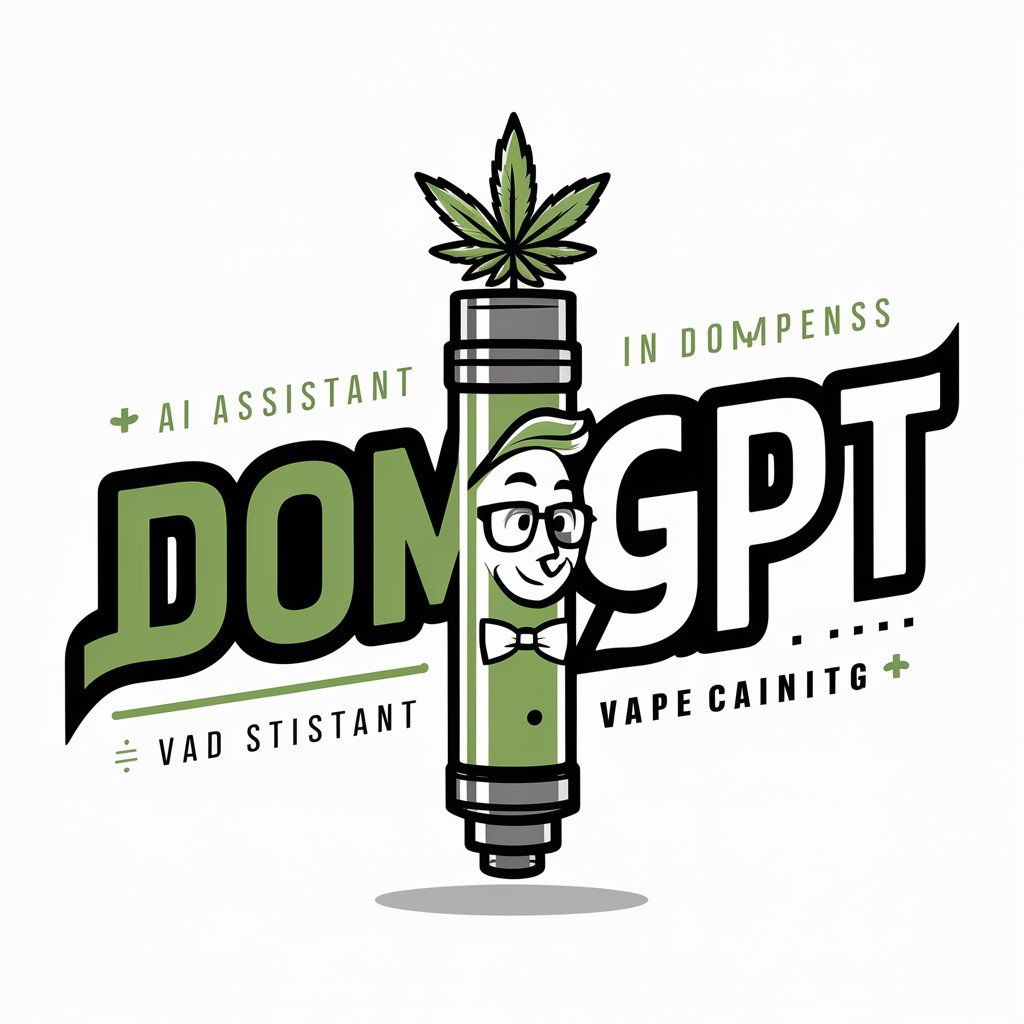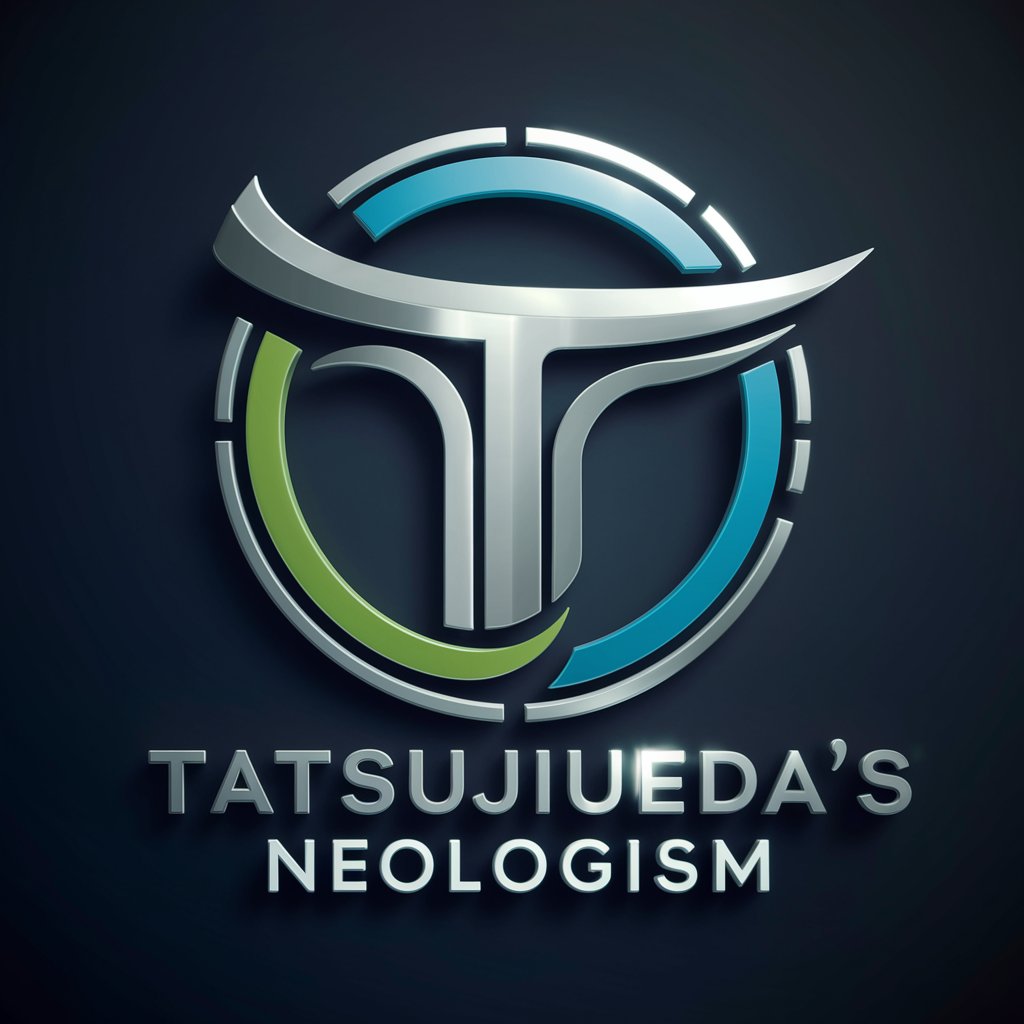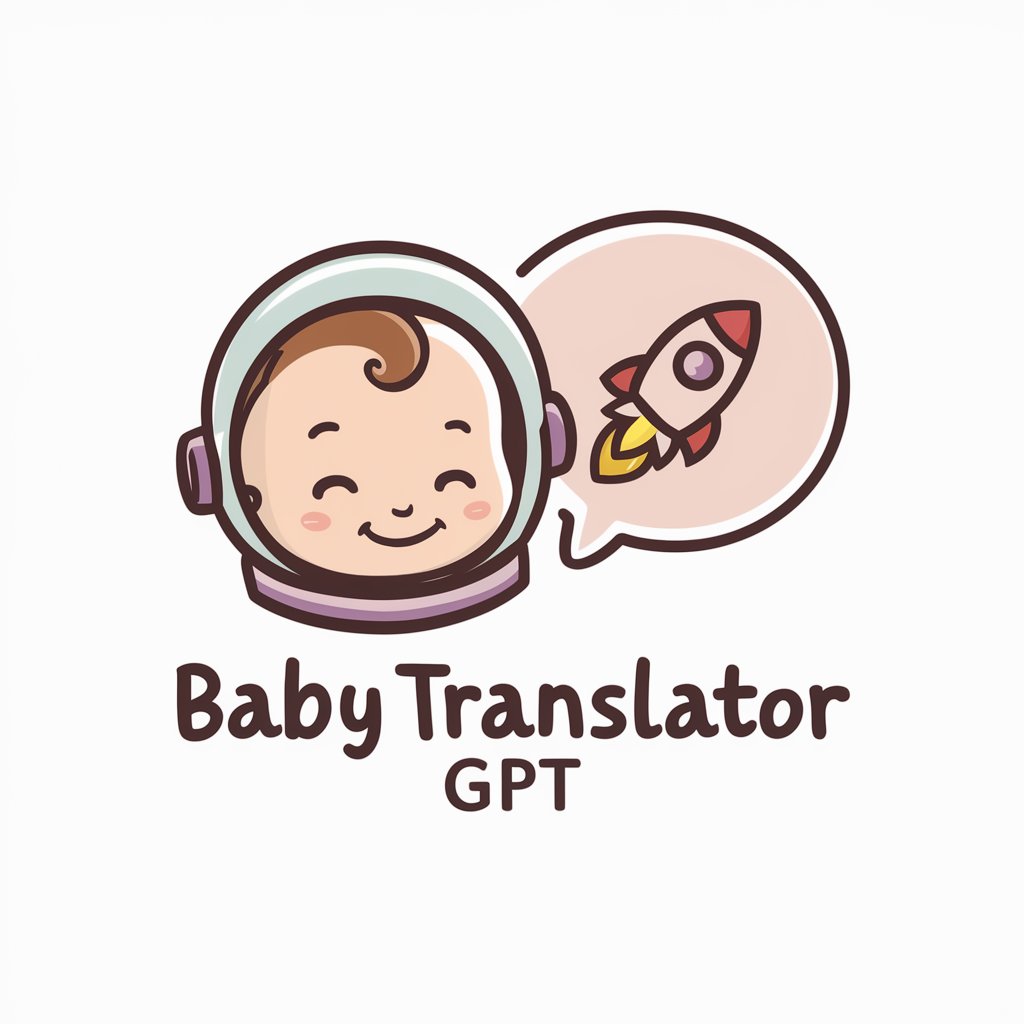
Dictionary GPT - AI-powered language assistant
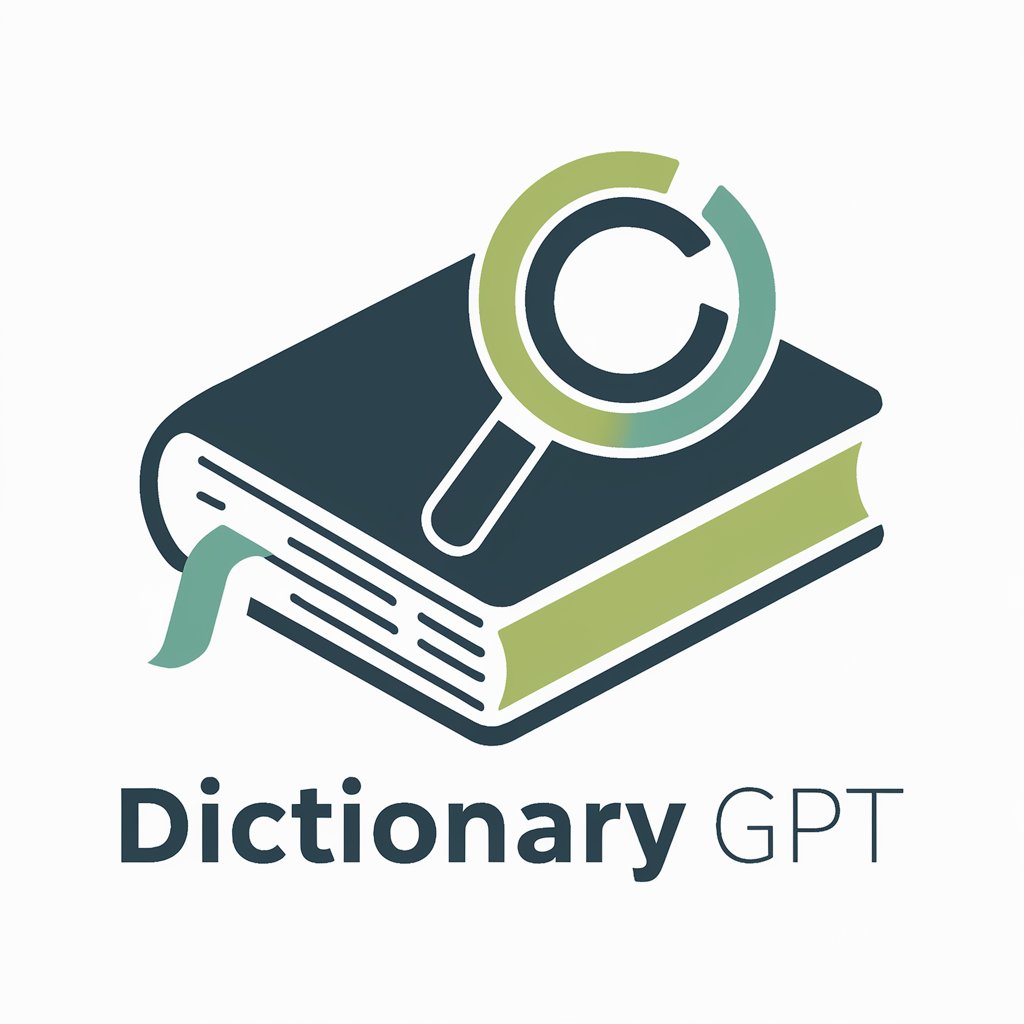
Hello! How can I assist with your language needs today?
Unlock the Power of Words with AI
Can you explain the meaning of
What are some synonyms for
How is the word
Could you provide an example sentence using
Get Embed Code
Overview of Dictionary GPT
Dictionary GPT is a specialized tool designed to enhance users' understanding and mastery of the English language. It serves as an educational resource, offering detailed explanations of words, including their definitions, synonyms, antonyms, and usage in sentences. The primary goal of Dictionary GPT is to deepen the language knowledge of its users, providing them with a comprehensive understanding of words and their various applications. By delivering precise language information in a straightforward manner, it caters to a wide array of linguistic needs, from academic learning to everyday communication. For example, when a user queries the meaning of 'serendipity,' Dictionary GPT not only provides the definition ('the occurrence and development of events by chance in a happy or beneficial way') but also offers synonyms ('fluke', 'chance'), antonyms ('misfortune', 'bad luck'), and usage in context ('Discovering the hidden cafe was a perfect example of serendipity.'). Powered by ChatGPT-4o。

Core Functions of Dictionary GPT
Word Definitions
Example
'Ineffable': too great or extreme to be expressed or described in words.
Scenario
A student writing an essay on a profoundly moving experience uses Dictionary GPT to find a word that captures the indescribable nature of their emotions.
Synonyms and Antonyms
Example
Synonyms for 'elated': 'overjoyed', 'ecstatic', 'thrilled'. Antonyms: 'depressed', 'sad', 'unhappy'.
Scenario
An author looking to vary their language in a novel employs Dictionary GPT to find synonyms and antonyms, enriching their narrative with nuanced expressions.
Usage in Sentences
Example
'Ambivalence': She felt ambivalence about her decision to relocate, torn between excitement for a new adventure and sadness for leaving her friends behind.
Scenario
A non-native English speaker uses Dictionary GPT to understand how complex words are used in real sentences, enhancing their language fluency.
Word Origins
Example
'Quarantine': Derived from the Italian 'quaranta giorni', meaning 'forty days', referring to the period ships were isolated in the 14th century to prevent disease spread.
Scenario
A history enthusiast uses Dictionary GPT to explore the etymology of words, discovering historical contexts and the evolution of language.
Pronunciation Guides
Example
'Hyperbole': Pronounced as /haɪˈpɜːrbəli/, helping users correctly articulate the word.
Scenario
A public speaker uses Dictionary GPT to learn the correct pronunciation of challenging words before a presentation, ensuring clear and effective communication.
Who Benefits from Dictionary GPT?
Students and Academics
Individuals engaged in educational pursuits, from grade school to university level, can leverage Dictionary GPT to enhance their vocabulary, improve writing skills, and gain deeper insights into the language for better academic performance.
Writers and Editors
Authors, journalists, and content creators can use Dictionary GPT to diversify their language, find precise words to express nuanced ideas, and ensure their writing is engaging and free of redundancies.
ESL Learners
Non-native English speakers can benefit from Dictionary GPT's detailed explanations and examples to accelerate their language learning, overcome language barriers, and gain confidence in both spoken and written English.
Public Speakers and Communicators
Professionals who rely on effective communication can utilize Dictionary GPT to refine their speech, articulate ideas more clearly, and connect with their audience through the power of well-chosen words.

How to Use Dictionary GPT
1
Access Dictionary GPT freely without the need for a login or a ChatGPT Plus subscription by visiting yeschat.ai.
2
Type your query directly into the chat interface. This could be a word you need defined, synonyms or antonyms you're seeking, or context in which a word is used.
3
Use specific keywords or phrases to get the most accurate response. For example, specify 'definition of serendipity' for definitions, or 'synonyms for happy' for synonyms.
4
Review the provided information. Dictionary GPT offers detailed explanations, usage examples, and related linguistic insights.
5
For further exploration, follow up with related queries or use the suggested topics provided by Dictionary GPT at the end of each interaction to expand your vocabulary and understanding of language.
Try other advanced and practical GPTs
Tamadogi
Raise, Train, and Compete with Your Digital Pet
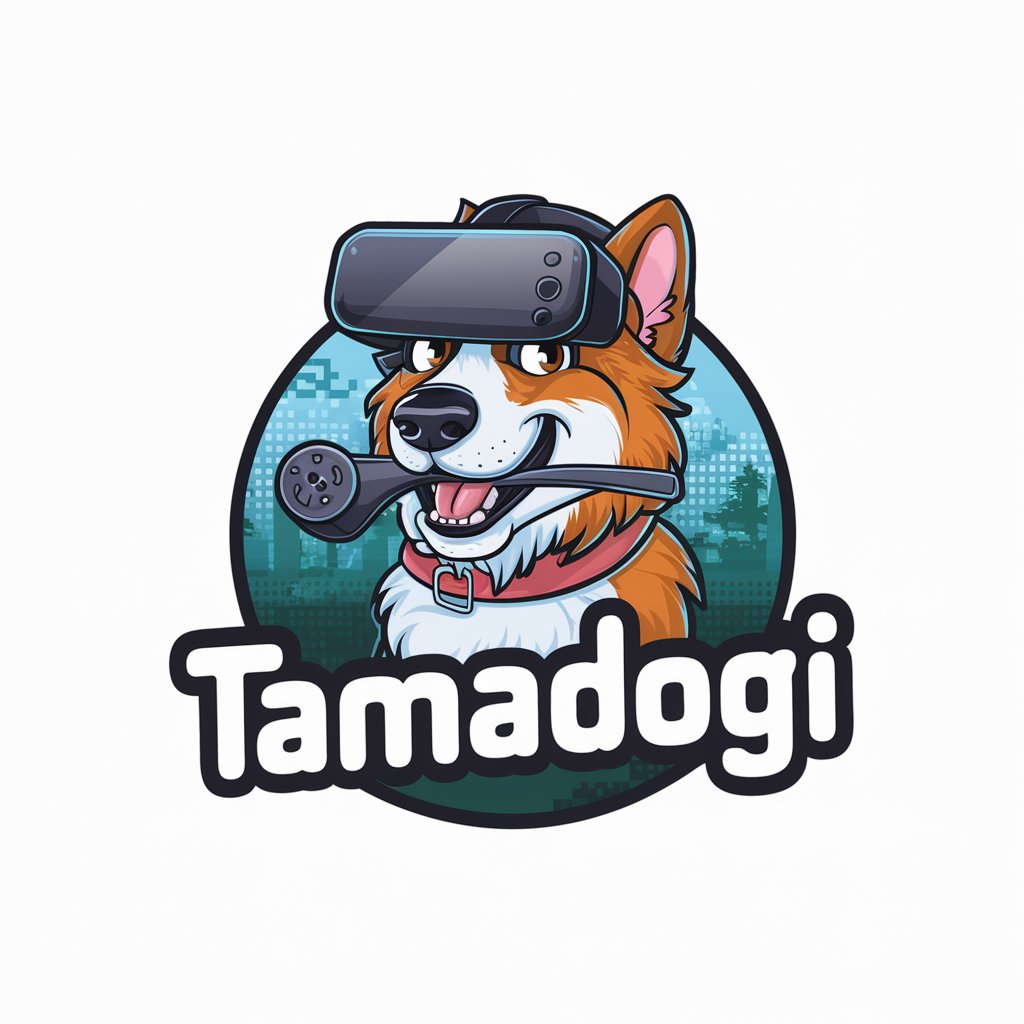
Game Guru Kiki
Elevate Your Game with AI-Powered Insights
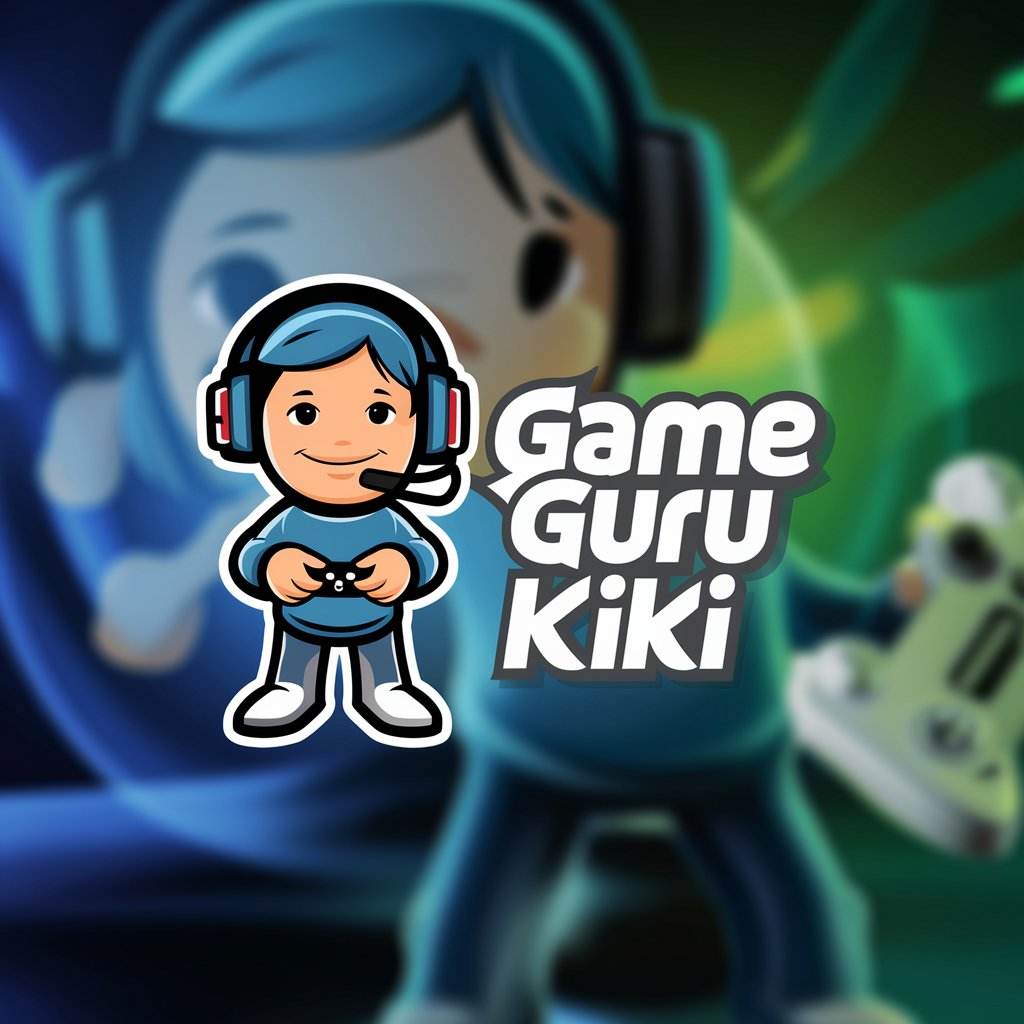
Académie Art
Empowering Artistry with AI

🏘 Christmas Village lv3.2
Craft Your Festive, Themed Miniature World

Travel China
Empower your journey with AI-driven Mandarin insights.

KY Legal Companion
Your AI-powered legal guide in Kentucky

Mathematics Expert
Solving math with AI precision
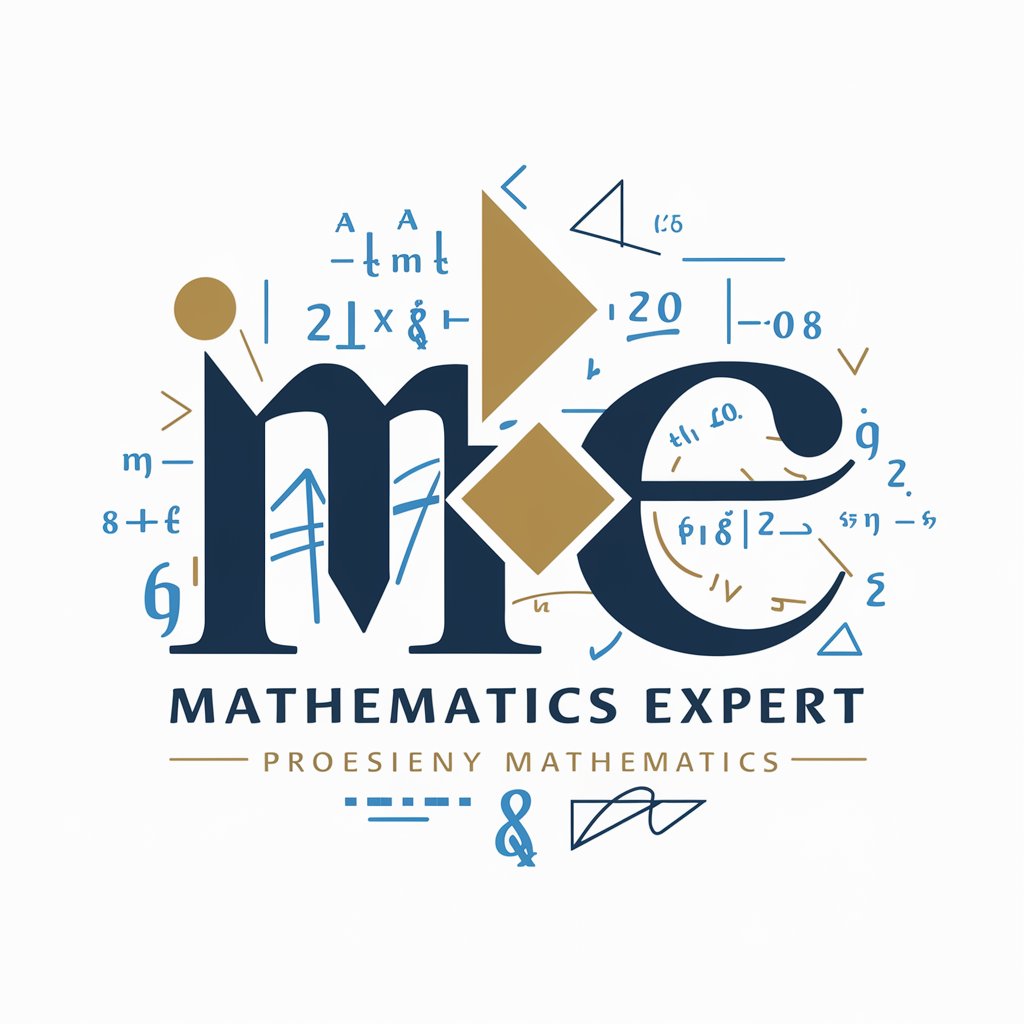
Promp it Up
Unleash creativity and efficiency with AI
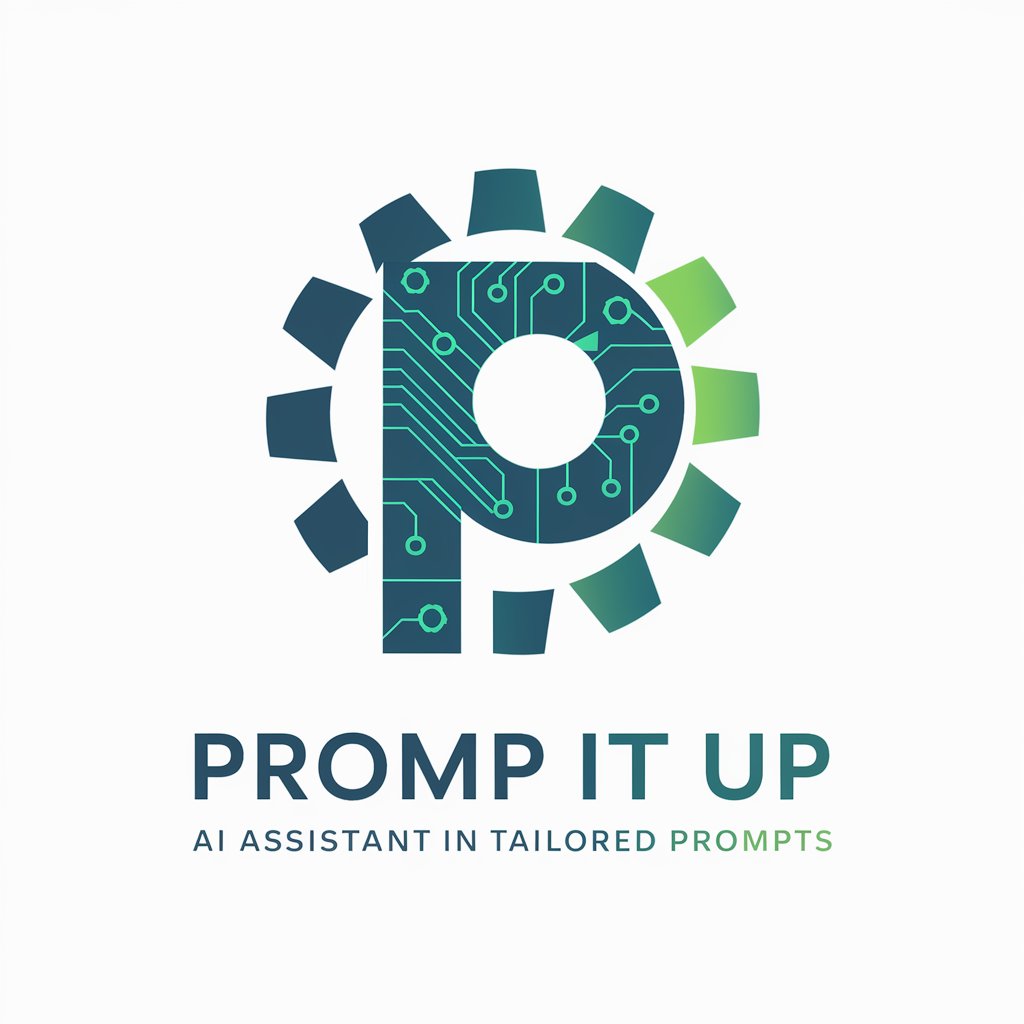
Cover Letter Composer
Craft Your Professional Narrative with AI

Haustier Trainer Pro
Empowering pet care with AI

Brand Strategist
Empower Your Brand with AI Insights

🇺🇸🇲🇽 Echo Translate - English to Spanish
AI-powered English to Spanish Translation
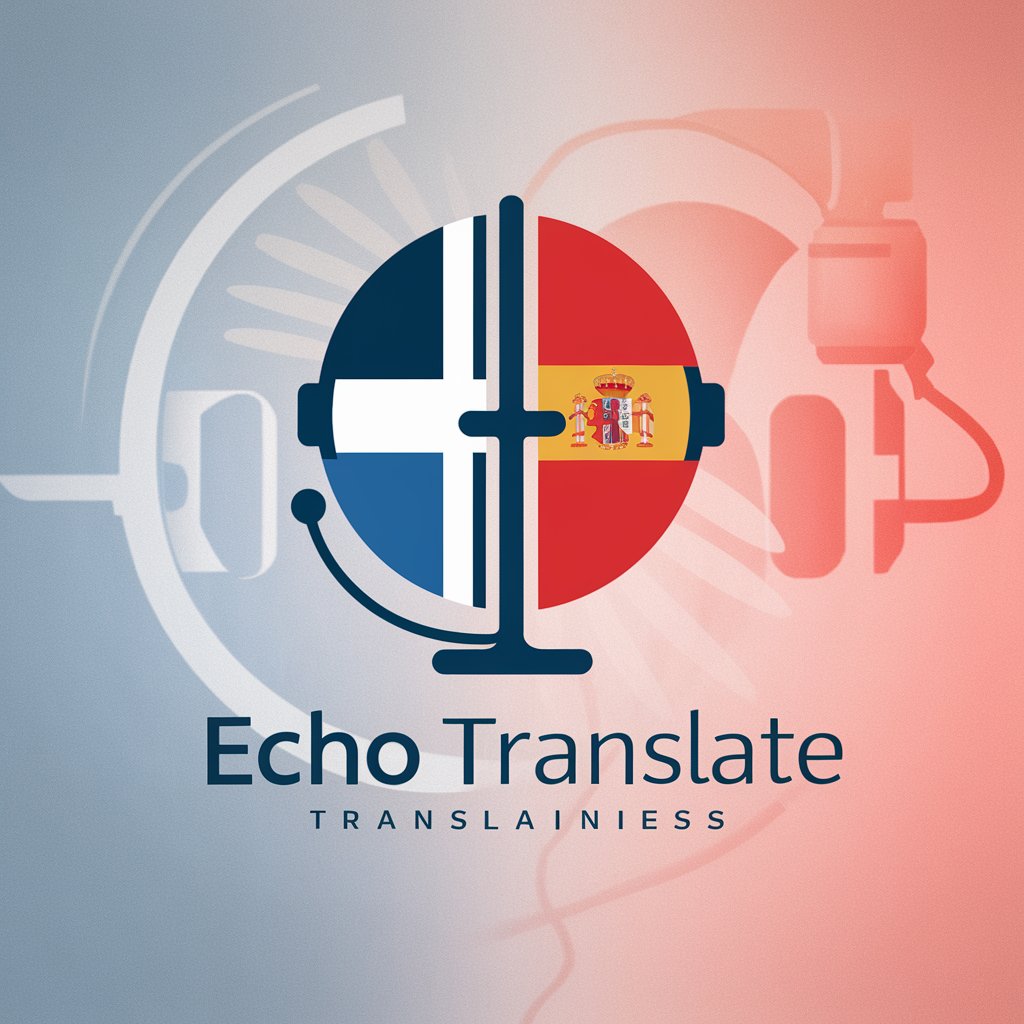
Frequently Asked Questions About Dictionary GPT
What is Dictionary GPT?
Dictionary GPT is an AI-powered tool designed to provide detailed and precise explanations of words, including their definitions, synonyms, antonyms, and usage in context. It's intended to enhance language knowledge in an educational and straightforward manner.
Can Dictionary GPT help with language learning?
Yes, it is particularly useful for language learners seeking to expand their vocabulary, understand the nuances of word usage, and gain insights into the intricacies of the English language.
Is Dictionary GPT suitable for academic research?
Absolutely, it can assist in academic writing by providing precise definitions, offering synonyms for varied expression, and suggesting antonyms to clarify meanings, thereby enriching academic texts.
How does Dictionary GPT handle complex linguistic queries?
Dictionary GPT analyzes the query to deliver comprehensive responses that include not only direct answers but also related linguistic facts, examples of usage, and suggestions for further exploration.
Can Dictionary GPT generate content in languages other than English?
While its primary focus is on the English language, Dictionary GPT can provide basic assistance and translations for common words and phrases in several other languages, aiding in multilingual understanding.

